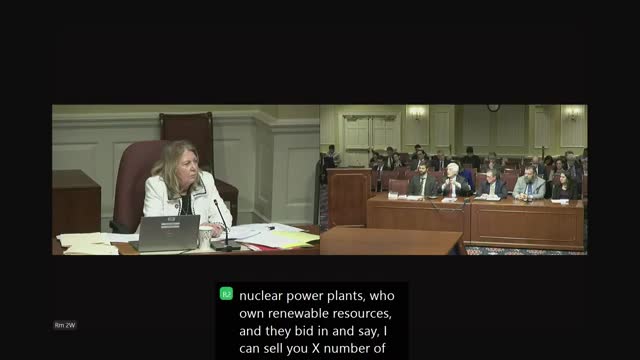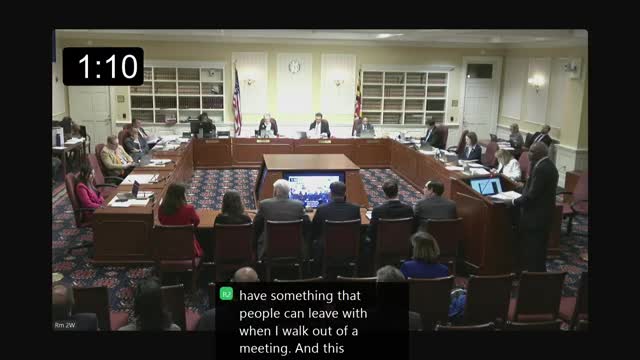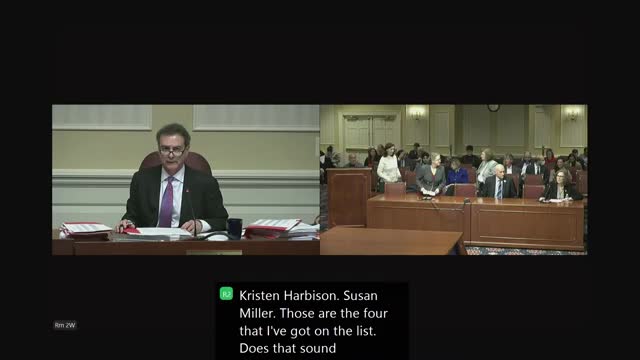Article not found
This article is no longer available. But don't worry—we've gathered other articles that discuss the same topic.

Sponsors urge making major fossil companies pay for climate harms; supporters cite precedent, opponents warn of legal and market risk

Senators hear wide coalition support for ACE energy bill aimed at adding storage, renewables and rate protections

Senate panel backs study to assess data center growth, energy and water impacts after Loudoun experience cited

Committee hears industry, labor and advocacy concerns over proposed changes to building energy performance standards

